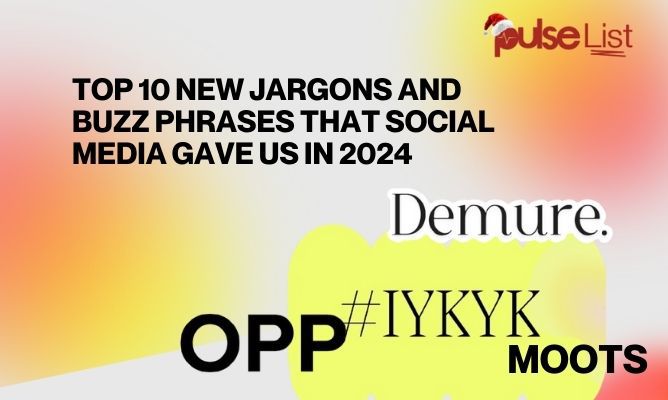
In 2024, social media platforms once again proved to be the epicentre of linguistic evolution, introducing a dazzling array of slang terms and buzz phrases that reshaped everyday conversations. These expressions, born from the creative depths of platforms like TikTok, Instagram, and X, encapsulate the humour, cultural zeitgeist, and shared experiences of online communities. Let us delve into the most influential terms that dominated the digital lexicon this year.
1. Demure
Traditionally associated with modesty and reserve, the term demure experienced a cultural revival in 2024. Its newfound popularity can be credited to TikTok creator Jools Lebron, whose phrase “very demure, very mindful” became a viral mantra for handling situations with poise.
@laineywilson Can anyone tell me what demure means ???? #demure ? original sound - Jools Lebron
The expression resonated with audiences craving authenticity amidst the noise of social media. Usage of the term surged by an impressive 1,200%, leading Dictionary.com to crown demure as the Word of the Year, solidifying it as a marker of understated confidence and mindfulness.
2. Main Character
The concept of being the “main character” enjoyed renewed attention in online discussions this year. It describes individuals who position themselves as protagonists in their life story, often with dramatic or attention-grabbing behaviours.
Social media users frequently captioned posts with phrases like “Main character energy,” celebrating self-expression. However, critics have occasionally called out the mindset for being self-centred, highlighting the fine line between empowerment and egotism.
3. Ate
“Ate” emerged as the ultimate compliment for exceptional performance, particularly in areas like fashion or dance. Saying someone “ate” implies they executed something flawlessly, with maximum impact. For instance, “She ate that performance” conveys admiration for their impeccable delivery. Often accompanied by emojis for emphasis, “ate” has firmly established itself as an online staple of praise.
4. Delulu
A playful abbreviation of “delusional,” “delulu” describes individuals whose beliefs stretch reality’s boundaries—often in an endearing or humorous context. Popular in fan circles, it highlights exaggerated fantasies, such as imagining a close relationship with a celebrity. While the term began as light-hearted, its growing use has prompted discussions on parasocial relationships and escapism in the digital age.
5. Iykyk
Short for “if you know, you know,” this acronym exudes exclusivity, signalling a shared understanding among a select group. Frequently seen in captions, it refers to inside jokes, trends, or niche references. For example, “The vibes last night were unmatched #iykyk” would resonate with those familiar with the context, adding a layer of mystery for outsiders.
6. Moots
A contraction of “mutuals,” “moots” refers to individuals who follow each other on social media. It emphasises reciprocal online connections, often signalling camaraderie or friendship. Among younger users, especially Gen Z, identifying someone as a “moot” indicates a deeper level of engagement than mere follows.
7. Nepo Baby
The phrase “nepo baby” continues to dominate conversations around privilege and nepotism, particularly in the entertainment and creative industries. It refers to individuals whose success is significantly influenced by familial connections.
In 2024, discussions about “nepo babies” flourished online, with users creating memes and lists spotlighting well-known examples, sparking debates around meritocracy and opportunity.
8. Opp
Derived from street slang, “opp” is shorthand for “opposition” or “enemy.” Widely used in music and pop culture, it denotes rivalry or conflict. For instance, in the context of a social media feud, one might tweet, “Caught my opp lurking in the comments section.” The term gained further prominence in 2024 due to its prevalence in viral rap lyrics and meme culture.
9. Rent-Free
This phrase describes anything or anyone occupying one’s thoughts persistently and effortlessly. Whether it is a catchy tune, a viral meme, or an unresolved interaction, if it is “living rent-free in your head,” it has left a lasting impression. Social media users frequently employ the term humorously, creating a sense of shared obsession or amusement.
10. Cap/No Cap
“Cap” and “no cap” have become mainstays for verifying honesty online. To say something is “cap” means it is untrue, while “no cap” asserts authenticity. For example, “That’s cap” translates to “That’s a lie,” while “I’m serious, no cap” conveys sincerity. Its straightforward nature has made it a versatile addition to digital conversations, particularly on platforms like Twitter.
A Linguistic Laboratory for the Digital Age
These terms not only underscore the fluidity of language but also serve as cultural timestamps, capturing the humour, values, and preoccupations of 2024. Social media remains a dynamic space for linguistic experimentation, constantly reshaping how we communicate. As platforms evolve and new communities emerge, the digital dictionary is set to expand even further.
What new terms will 2025 bring? If 2024 is anything to go by, the future of online language promises to be as unpredictable as it is innovative.
Read Full Story


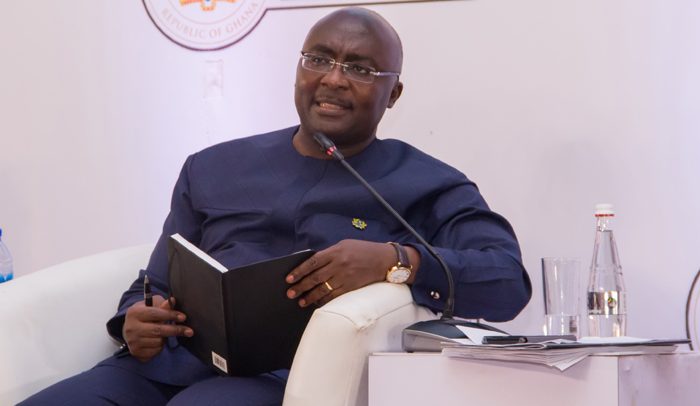

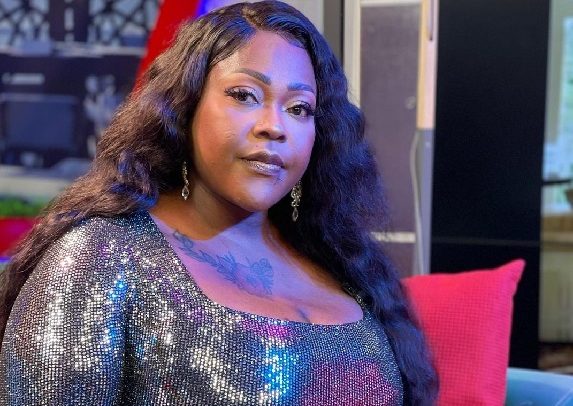

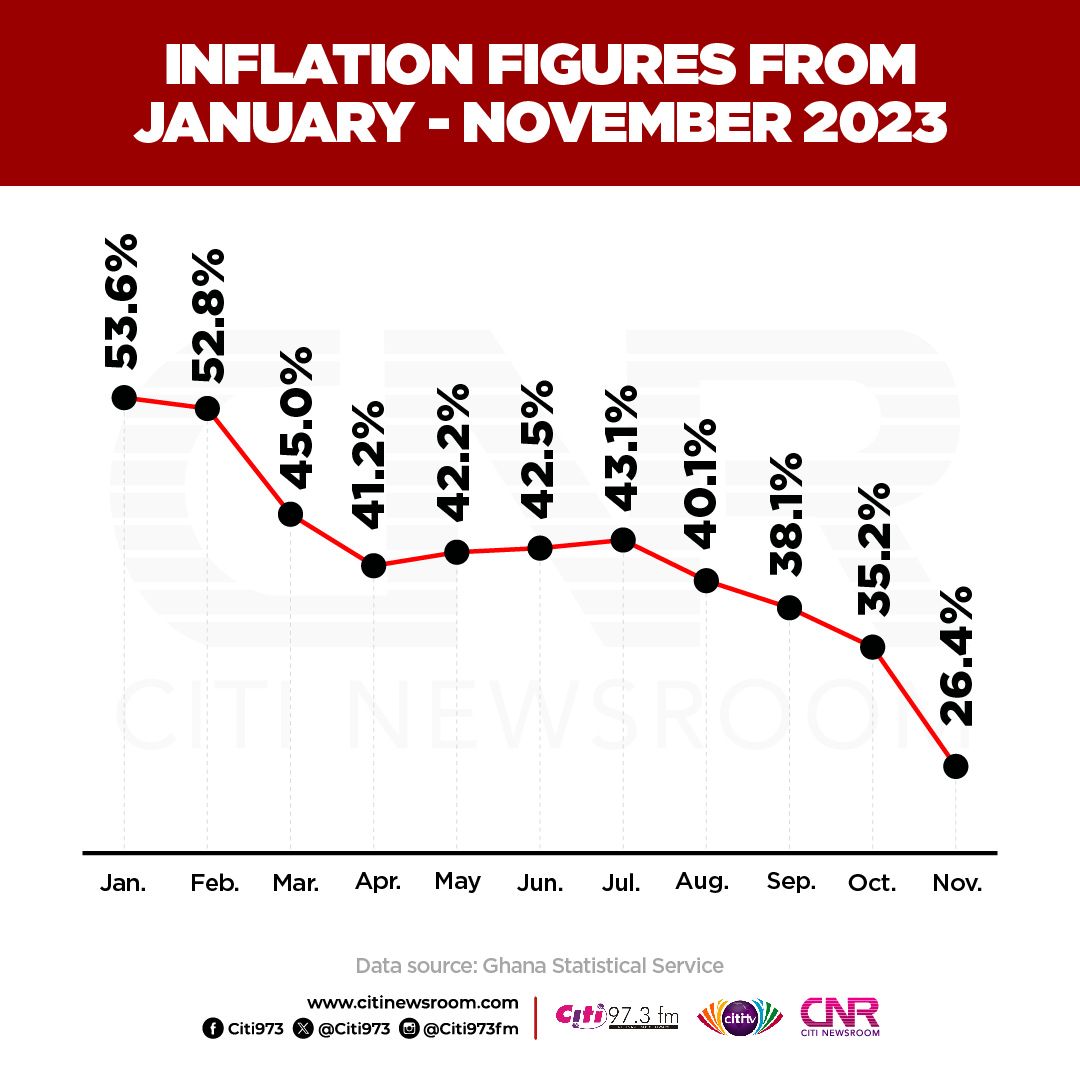
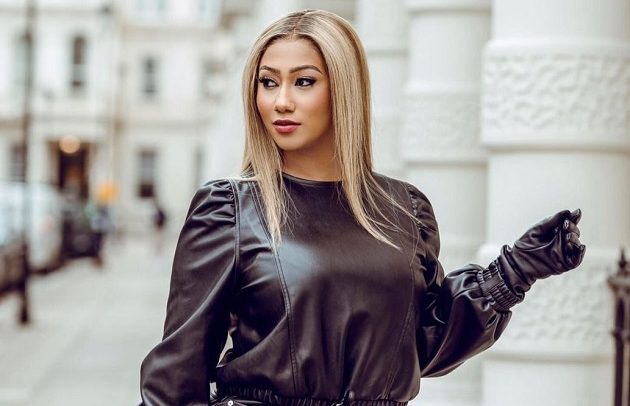



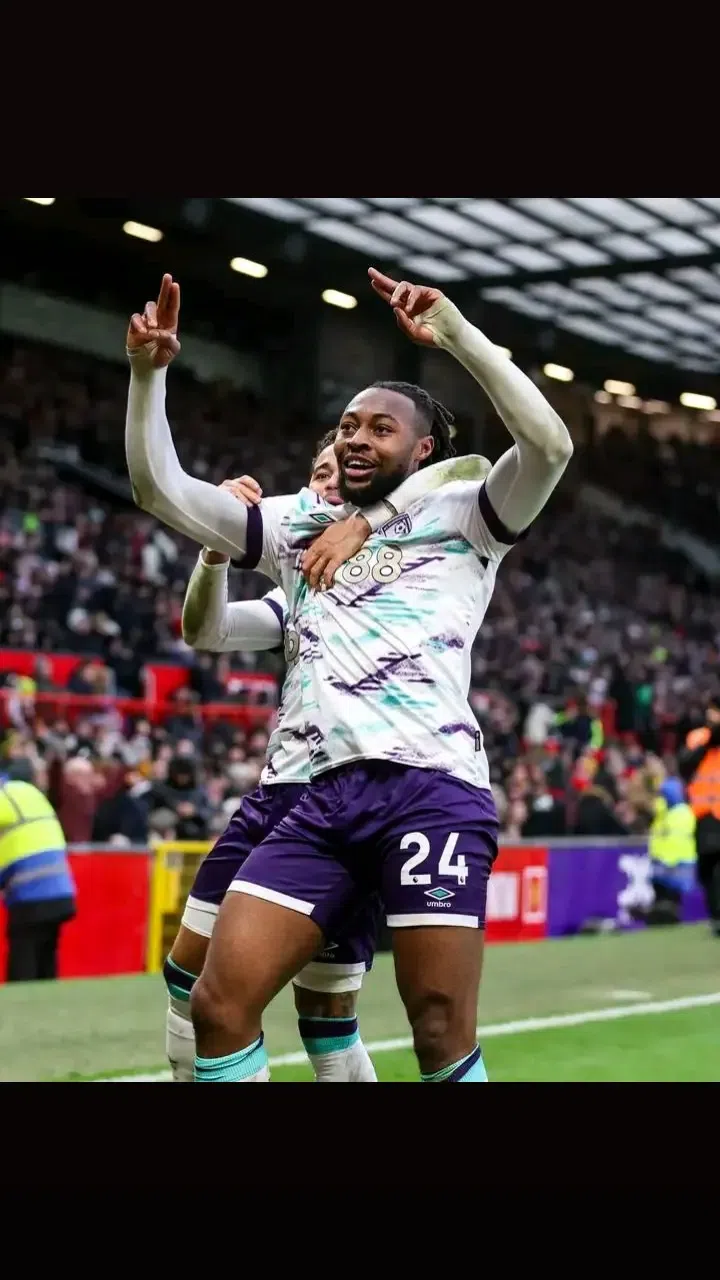

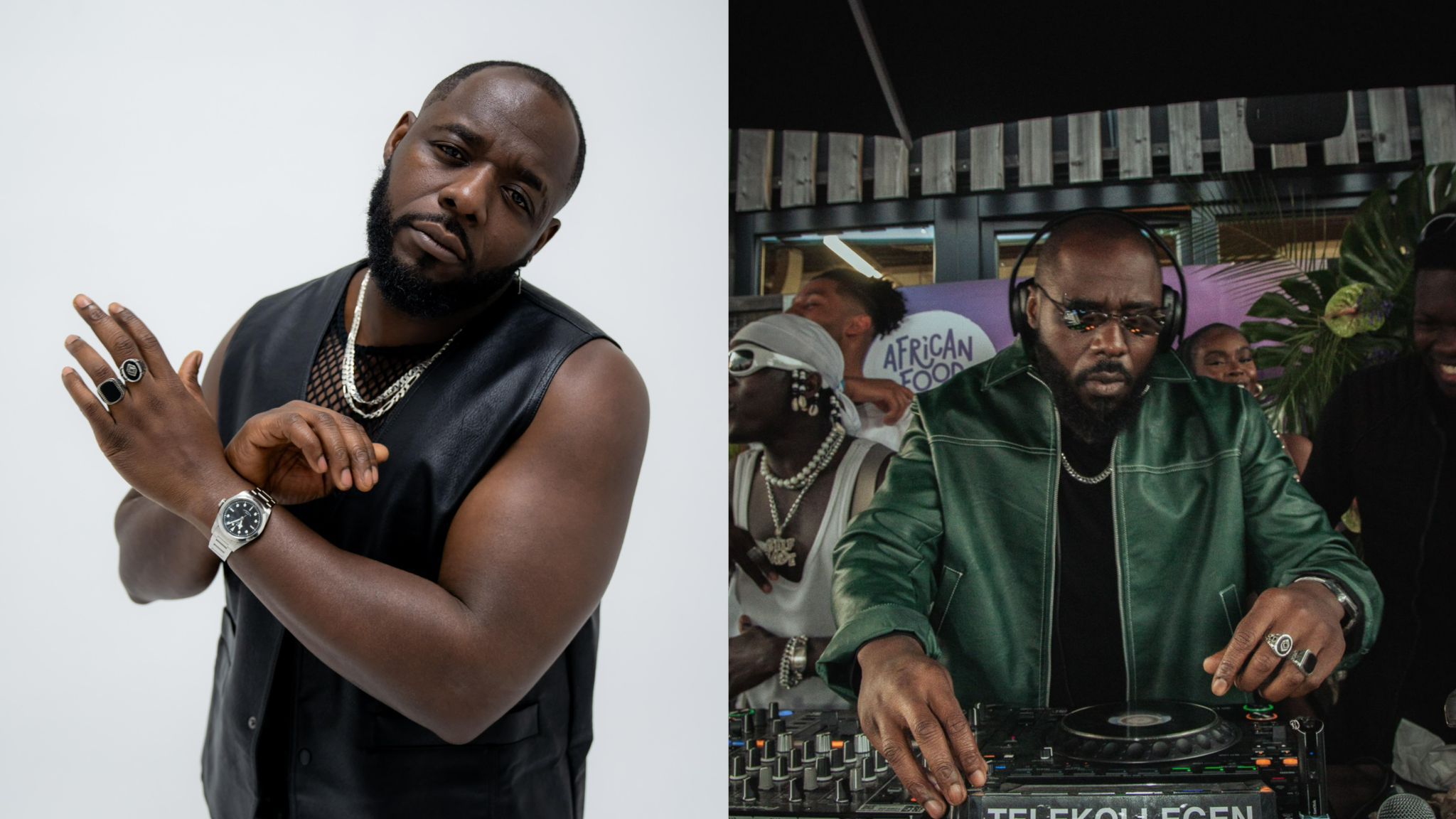

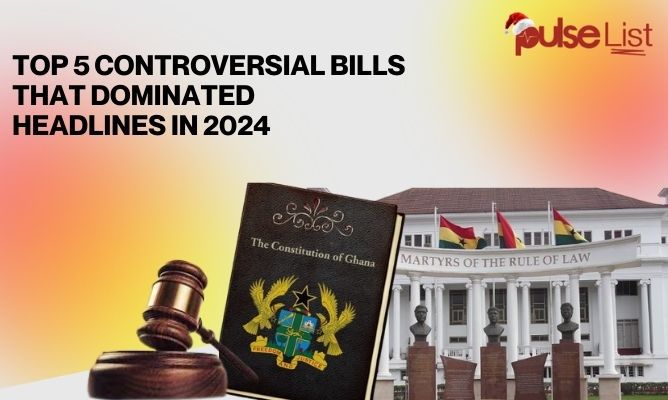

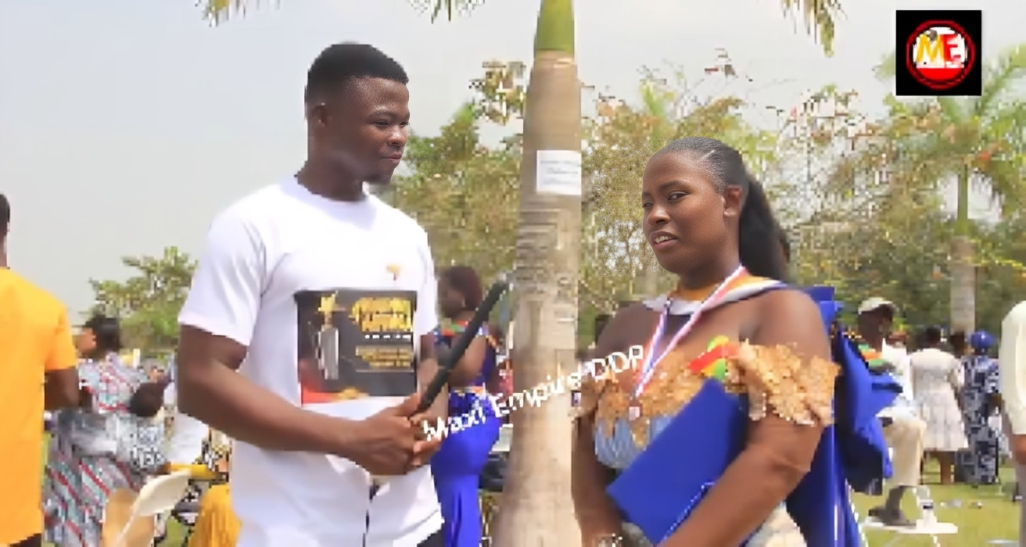

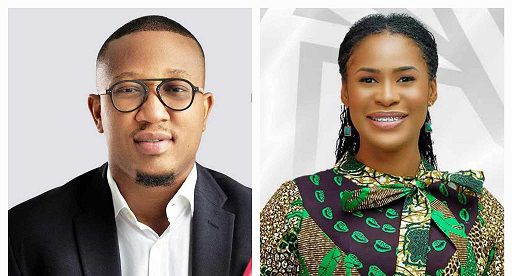
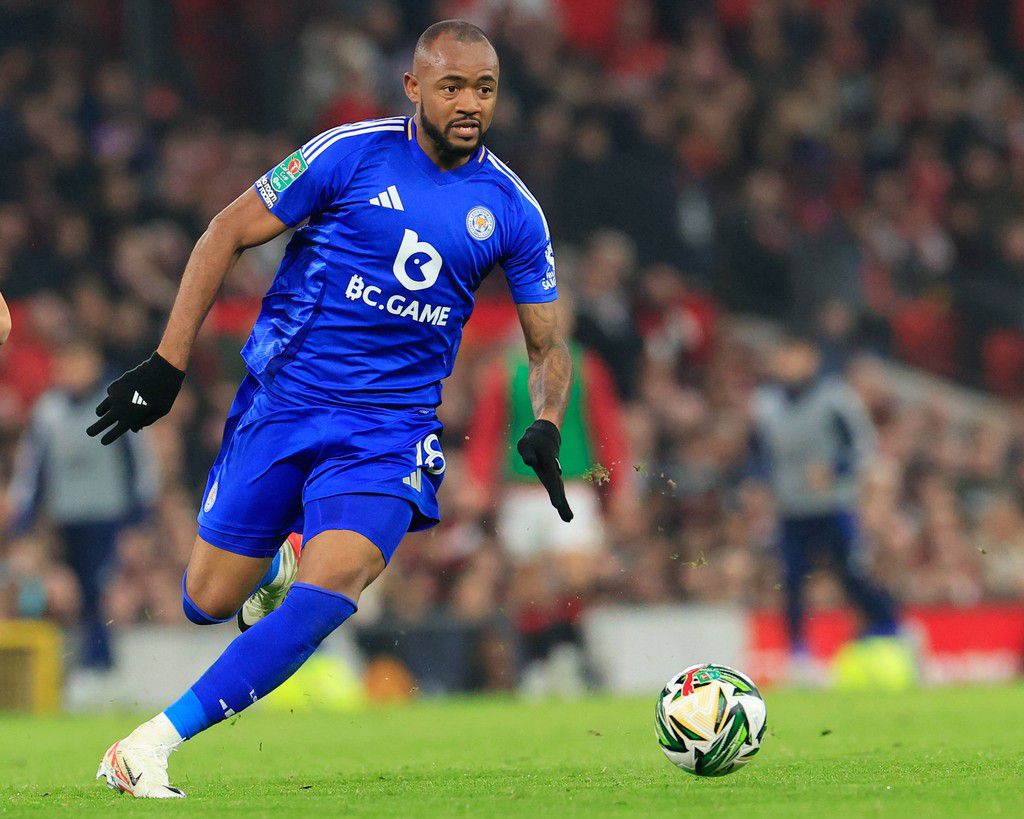
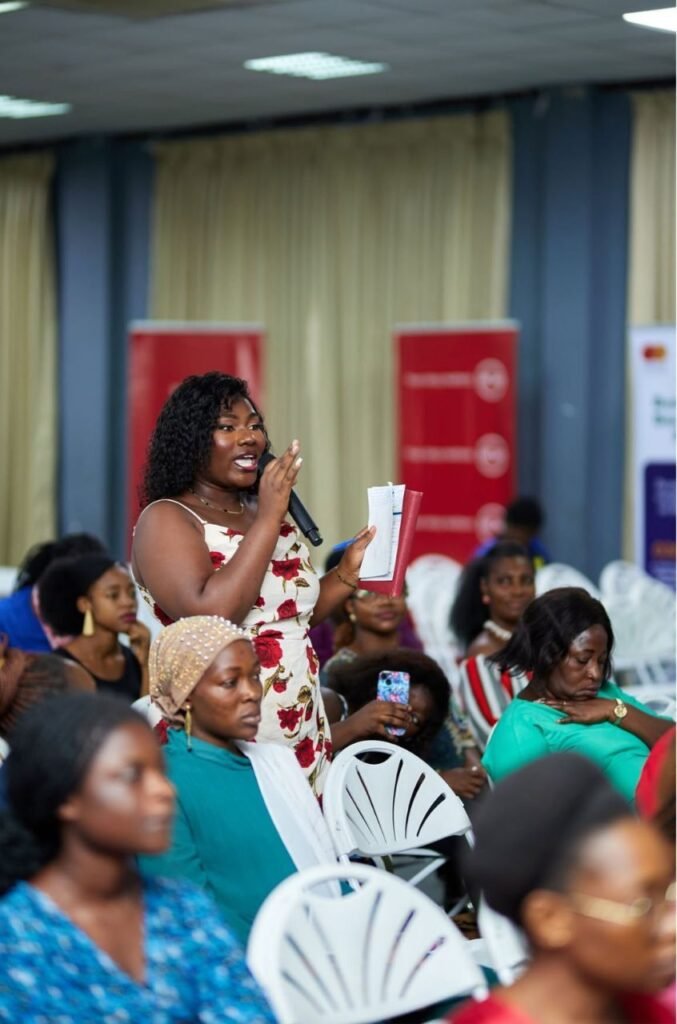
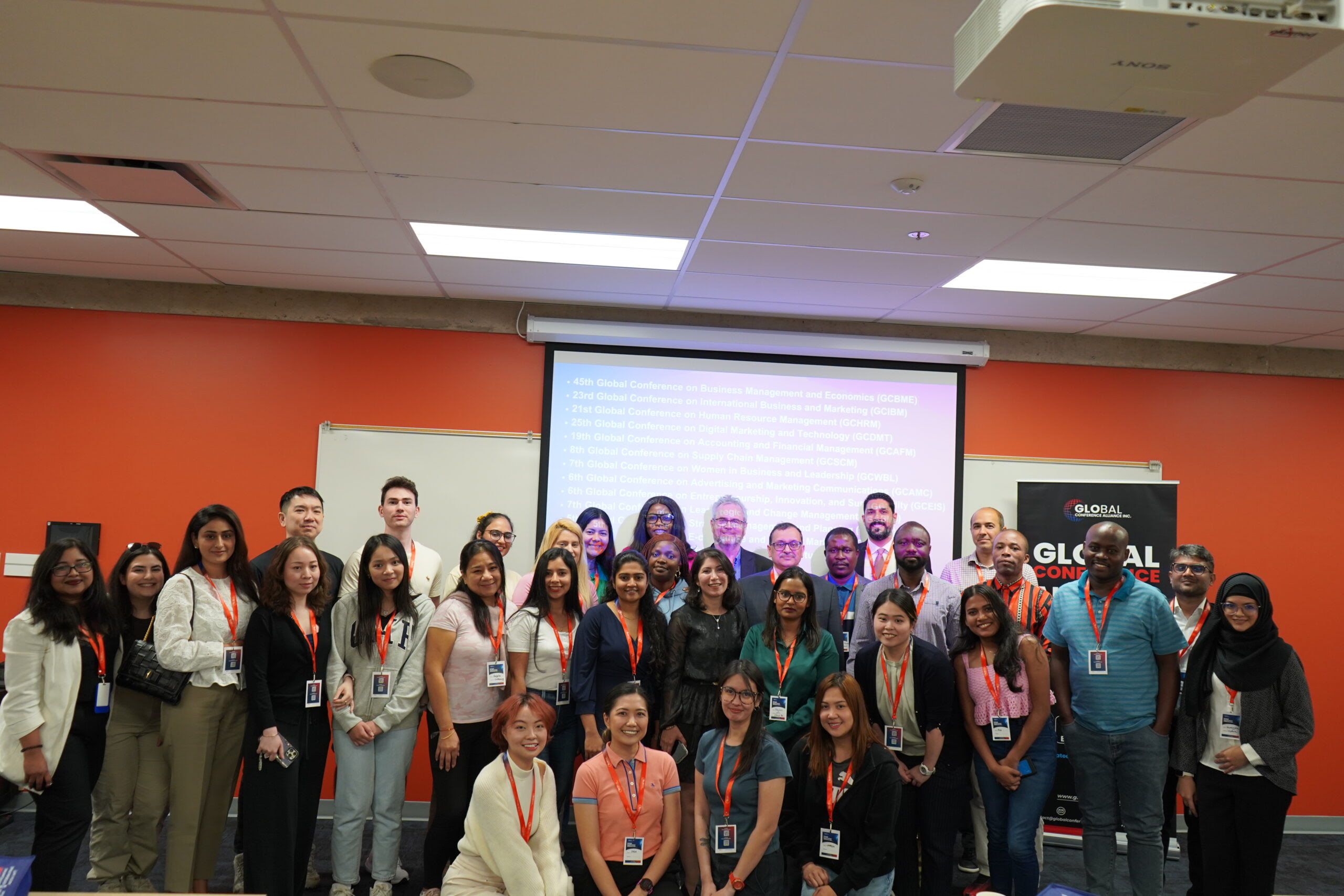
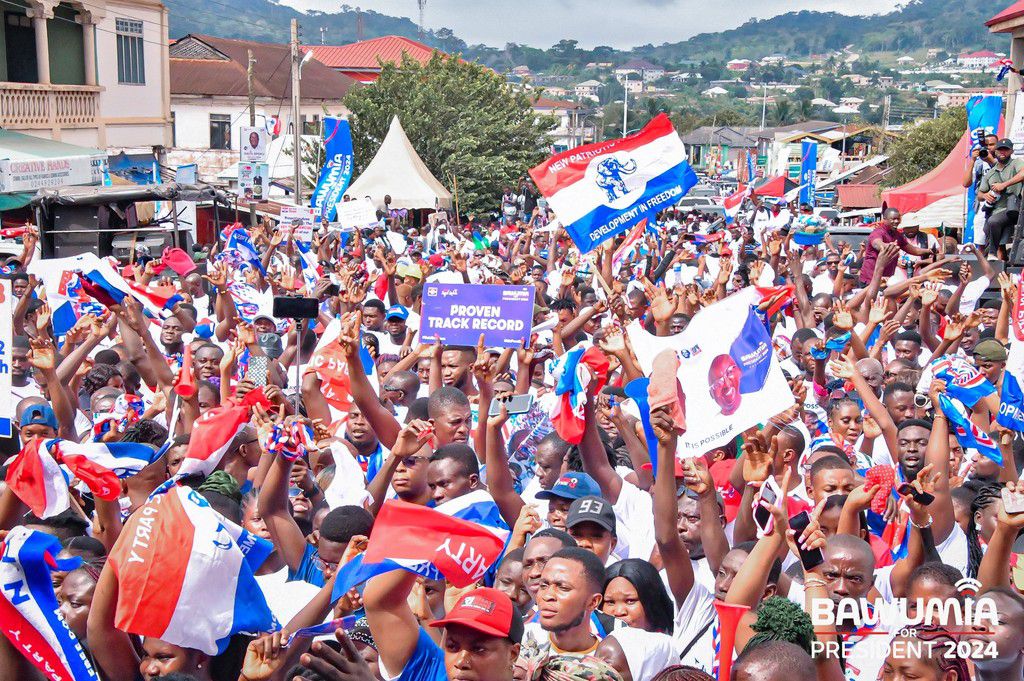
Facebook
Twitter
Pinterest
Instagram
Google+
YouTube
LinkedIn
RSS